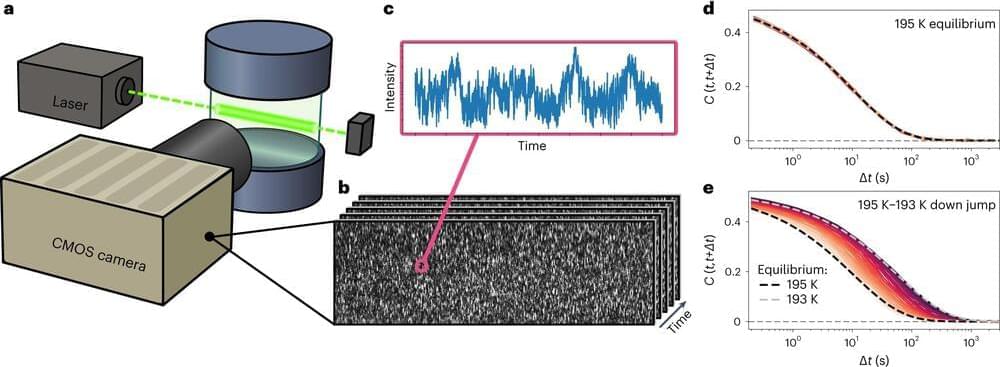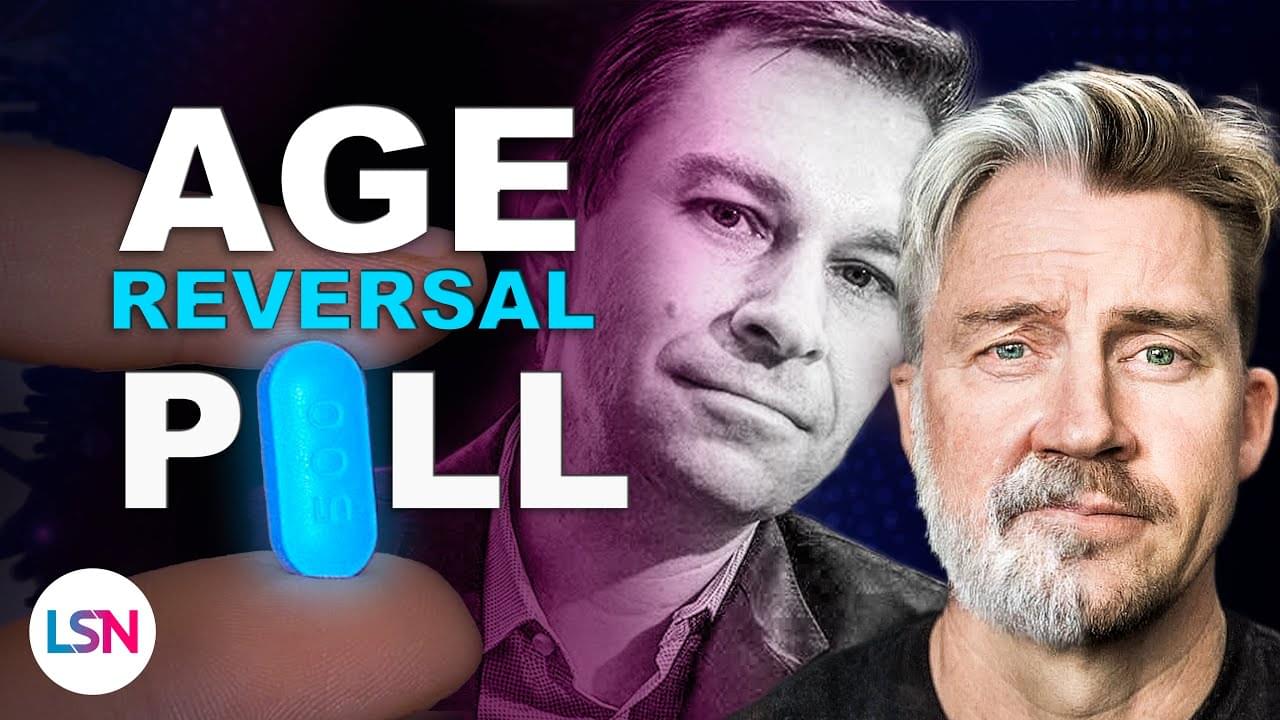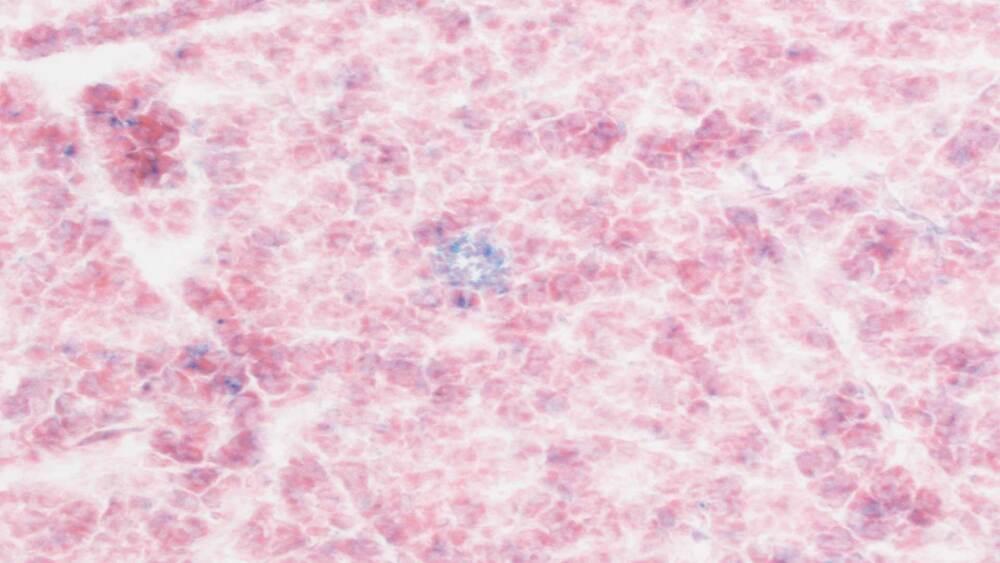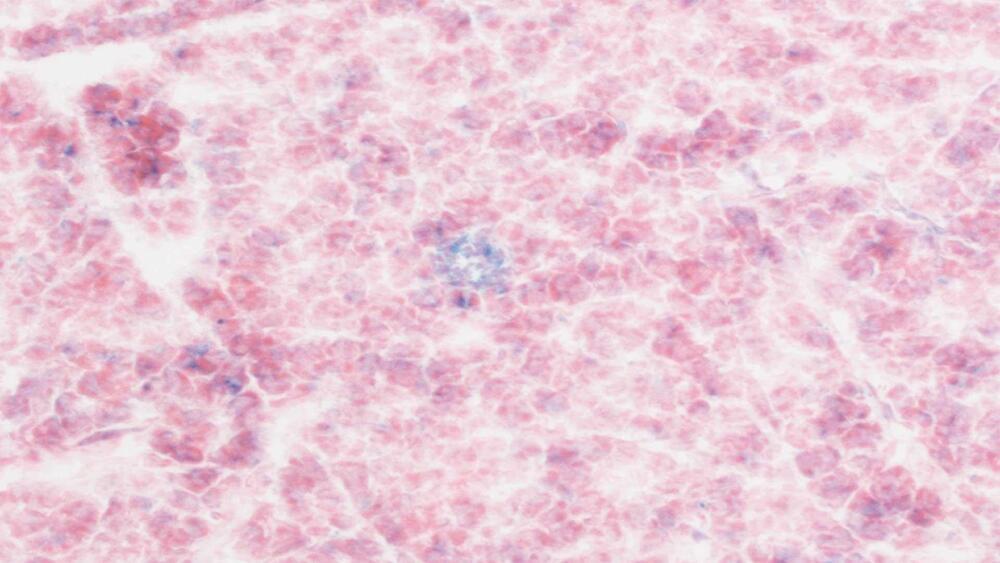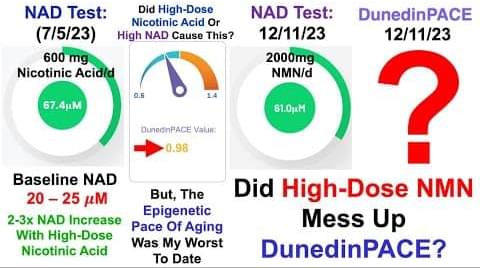Jan 28, 2024
Physicists identify a surprising phenomenon of aging in materials over time
Posted by Saúl Morales Rodriguéz in categories: life extension, physics
Physicists in Darmstadt are investigating aging processes in materials. For the first time, they have measured the ticking of an internal clock in glass. When evaluating the data, they discovered a surprising phenomenon.
We experience time as having only one direction. Who has ever seen a cup smash on the floor, only to then spontaneously reassemble itself? To physicists, this is not immediately self-evident because the formulae that describe movements apply irrespective of the direction of time.
A video of a pendulum swinging unimpeded, for instance, would look just the same if it ran backwards. The everyday irreversibility we experience only comes into play through a further law of nature, the second law of thermodynamics. This states that the disorder in a system grows constantly. If the smashed cup were to reassemble itself, however, the disorder would decrease.
